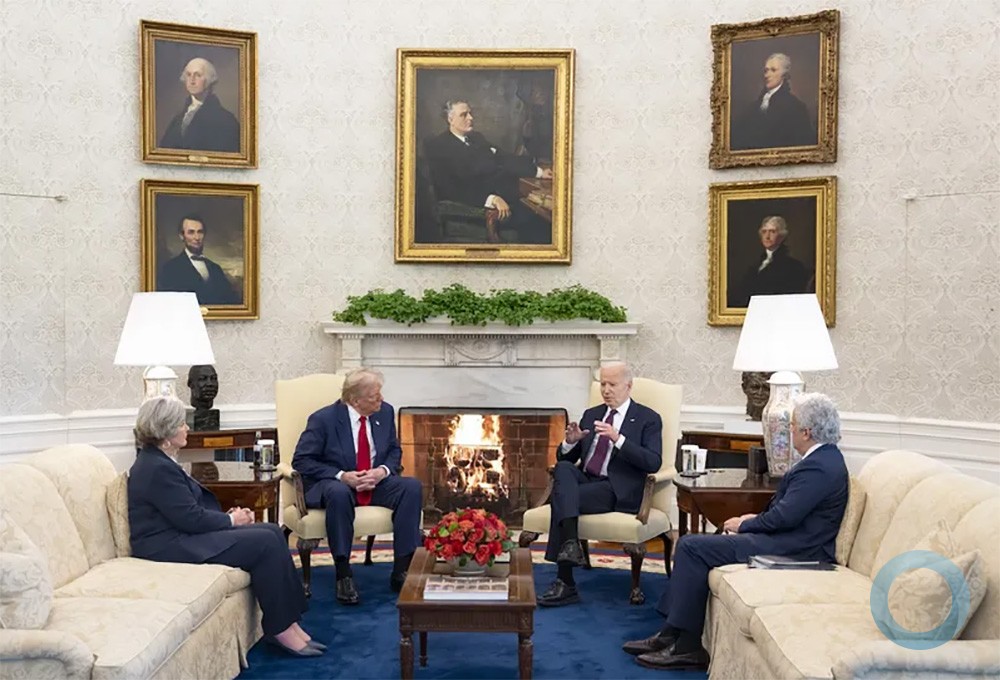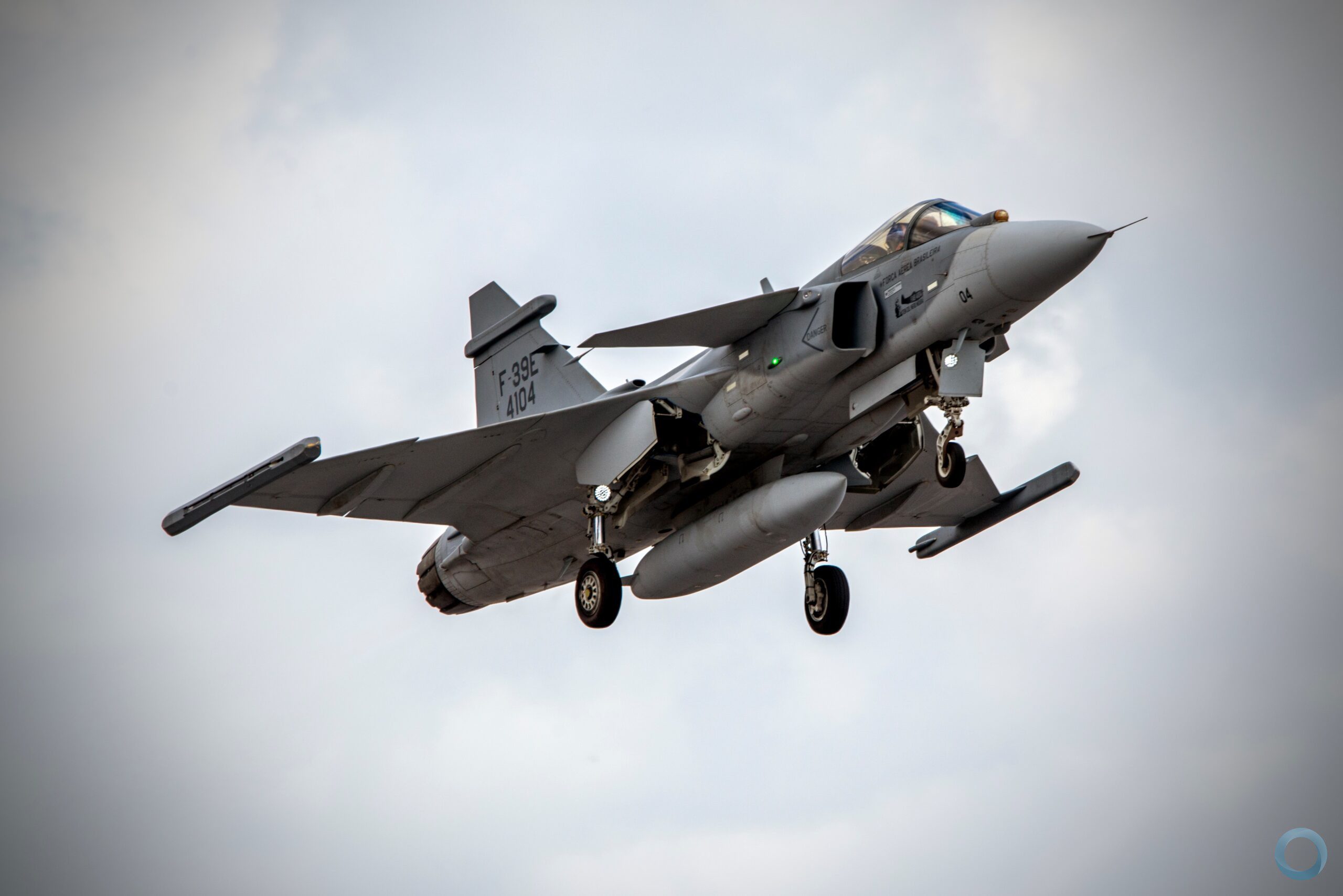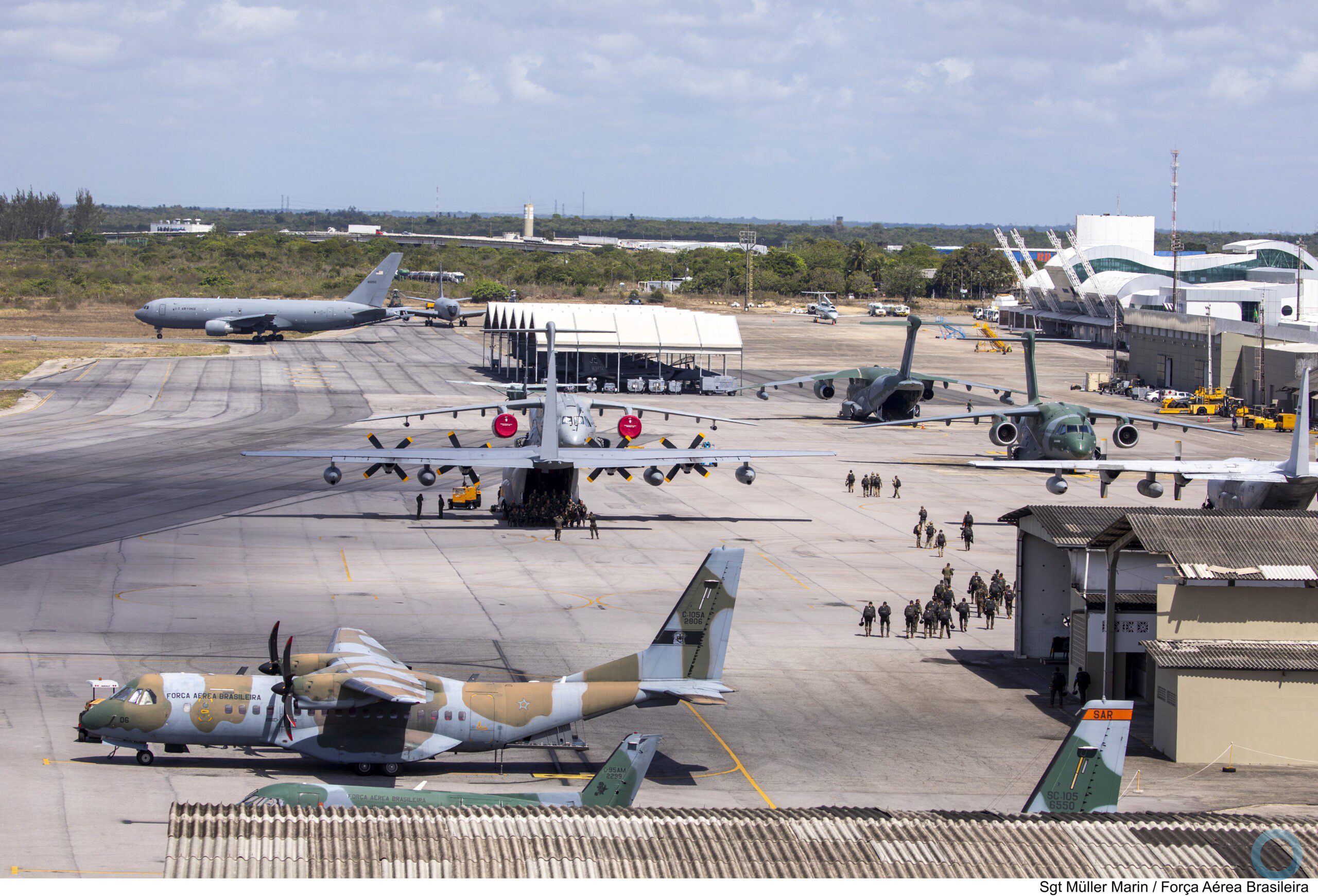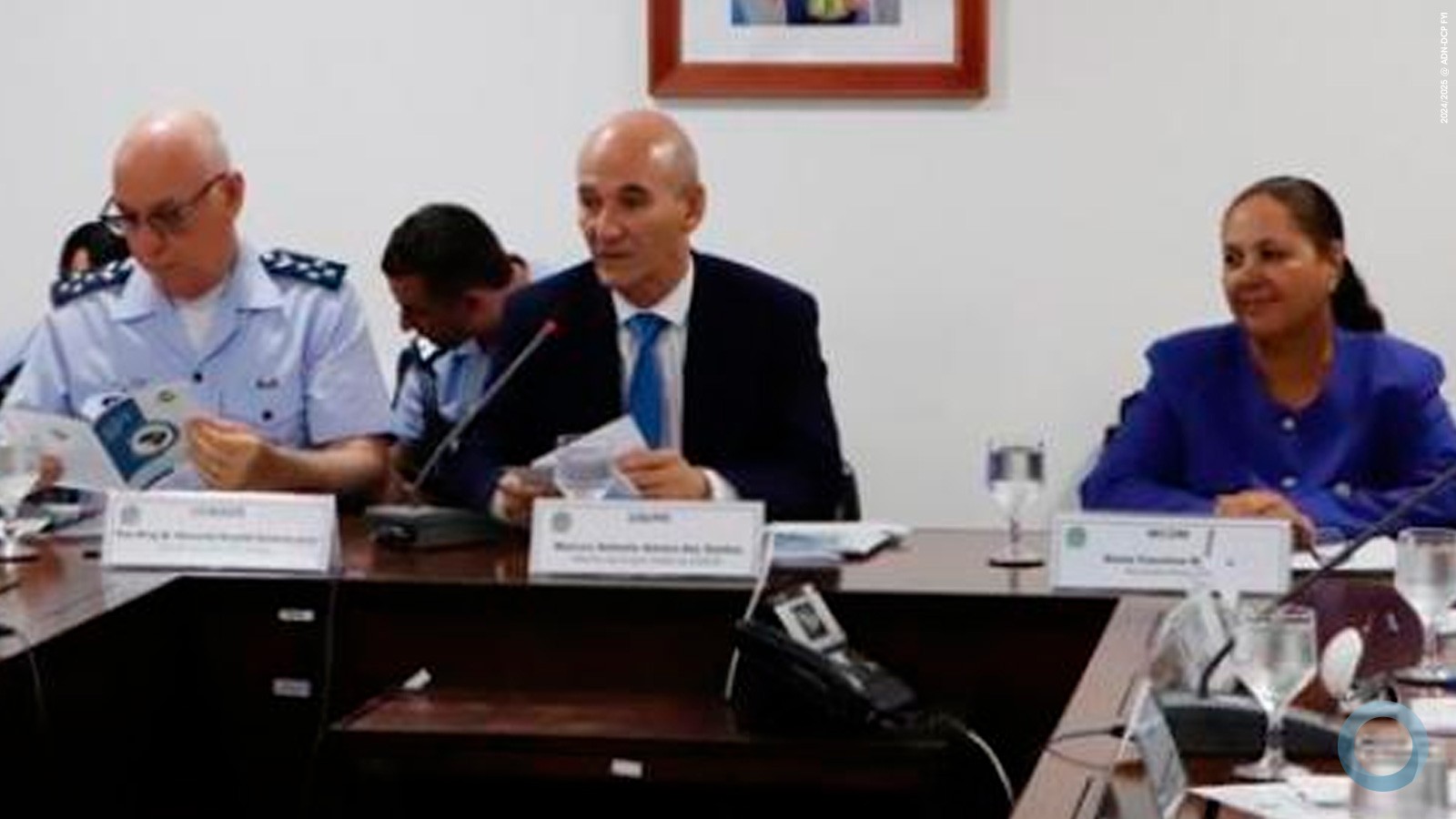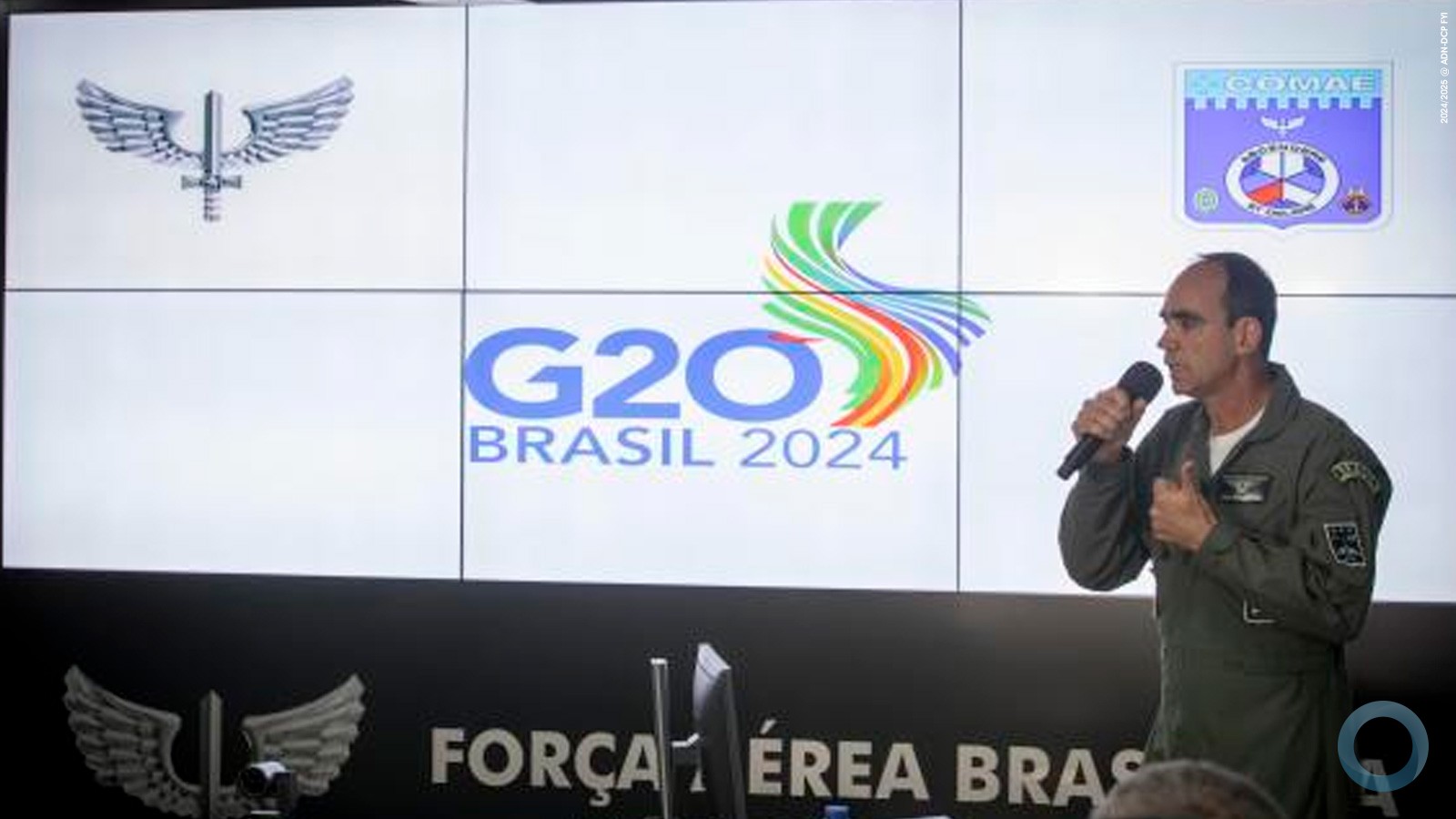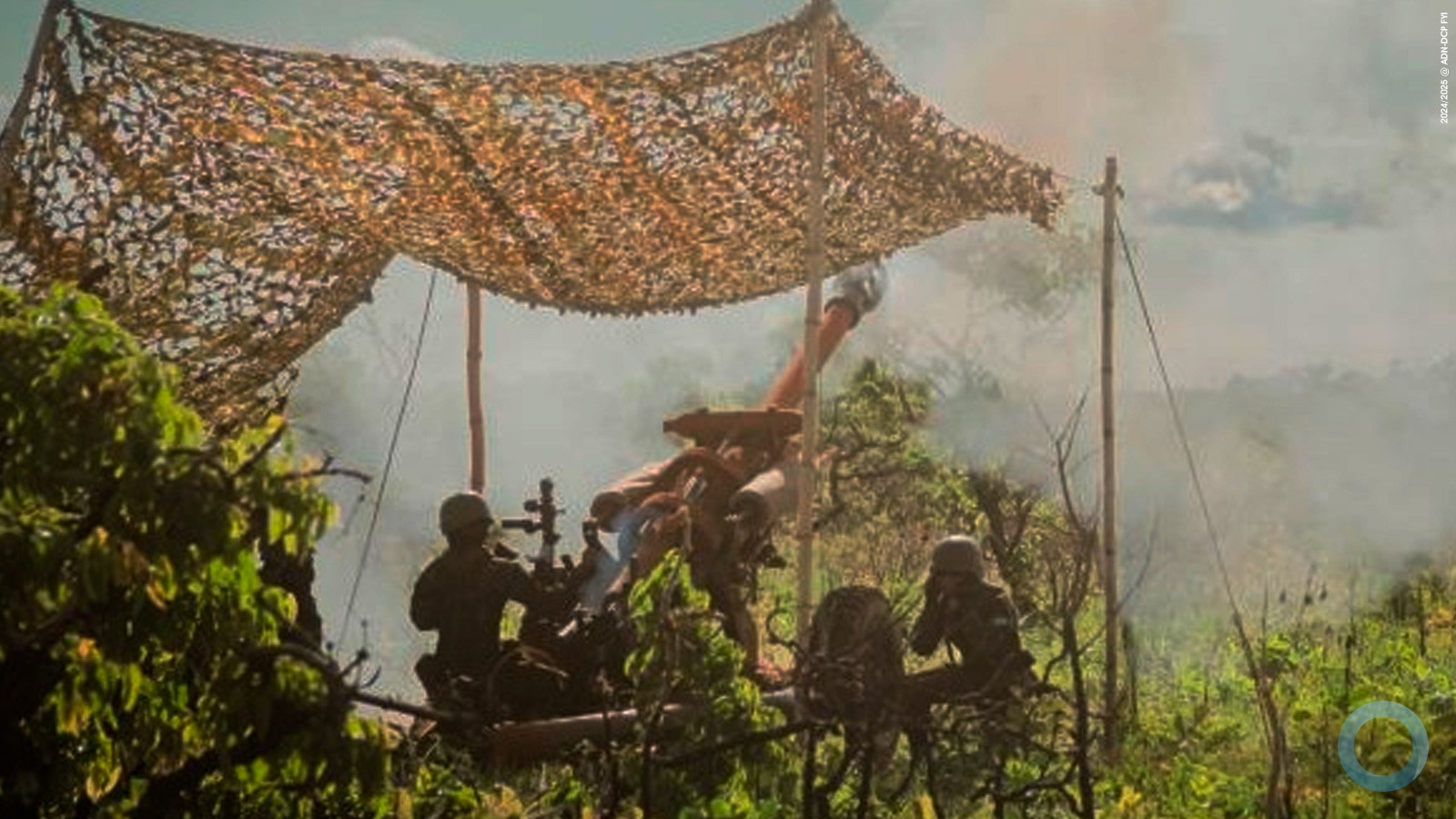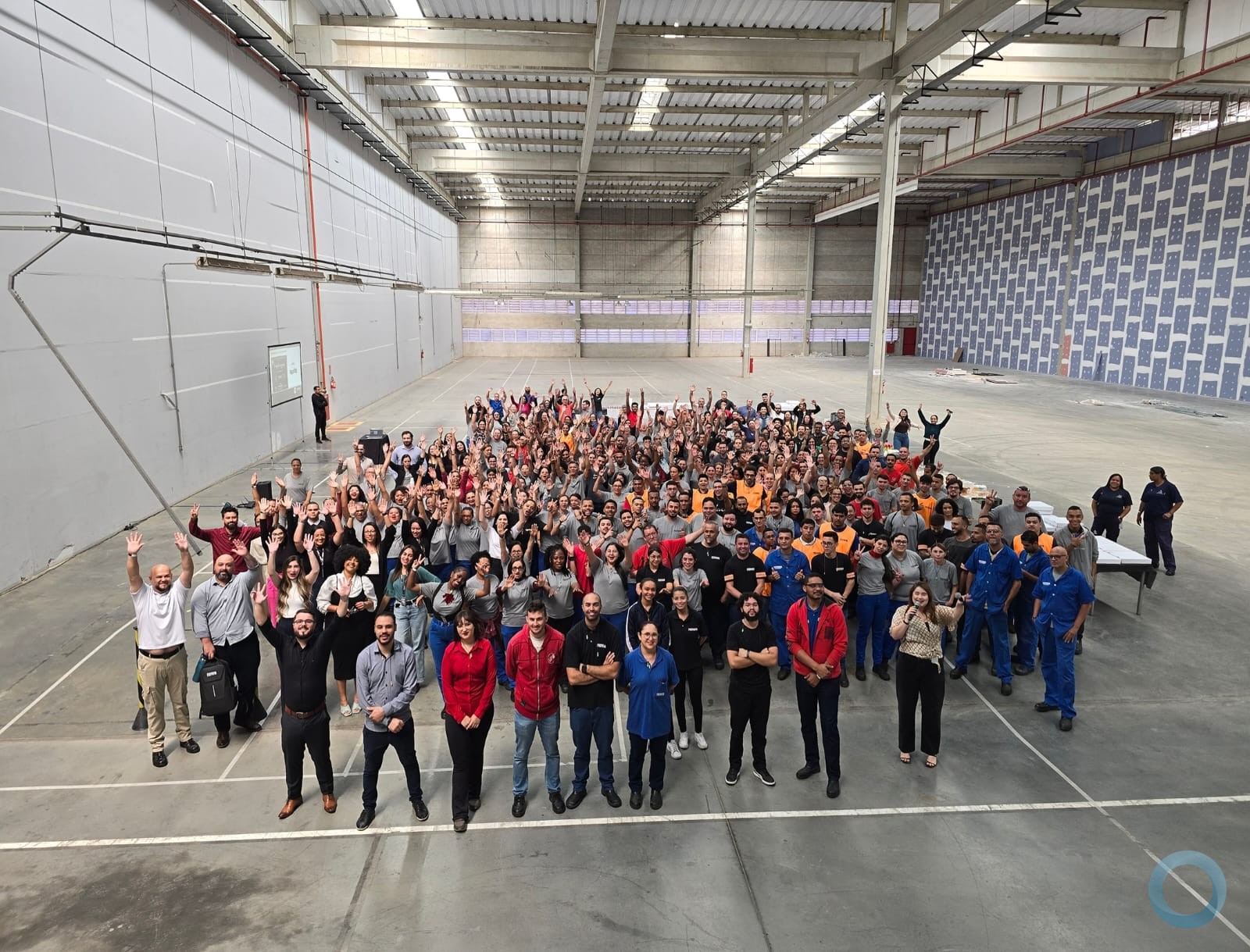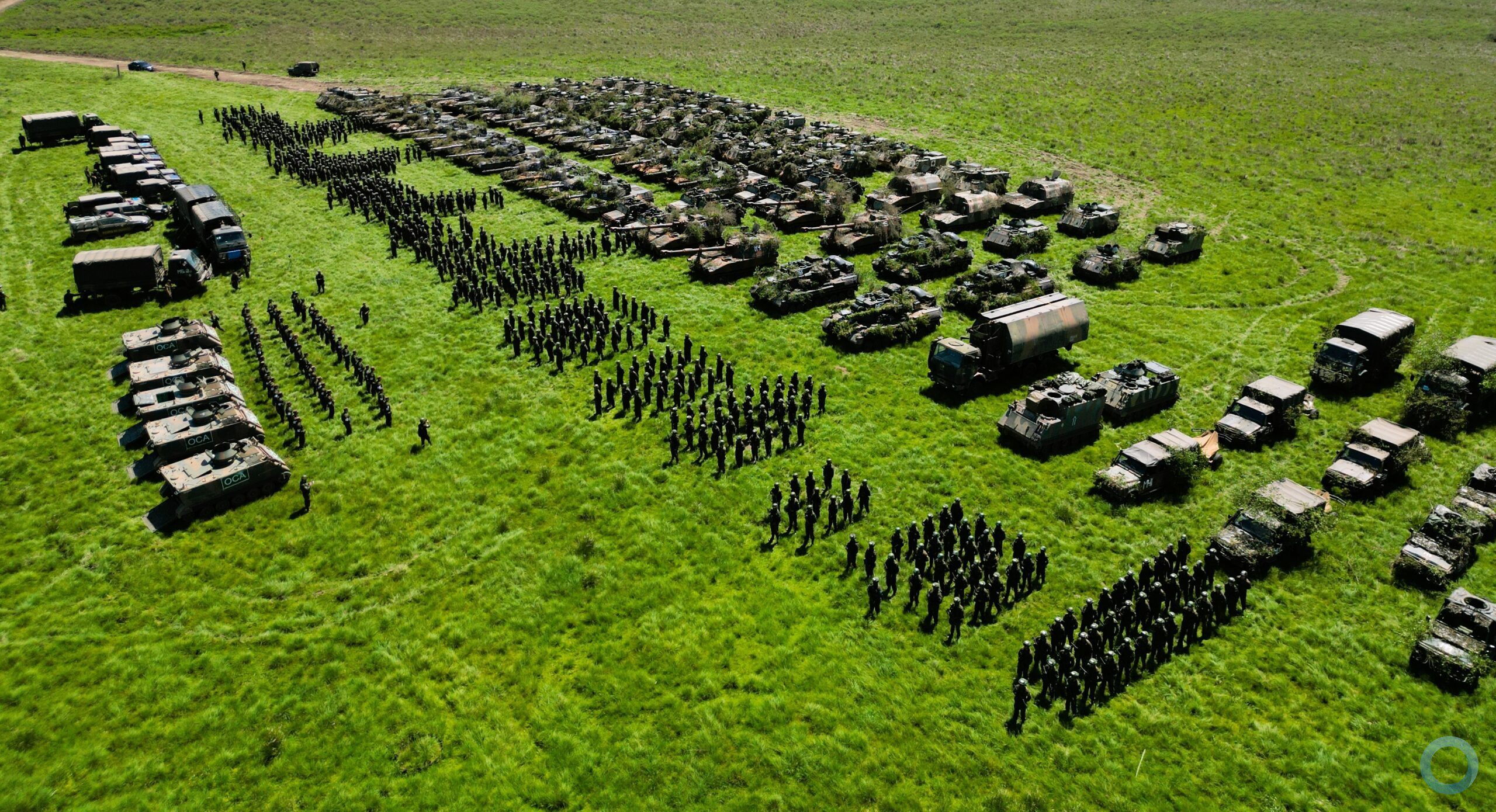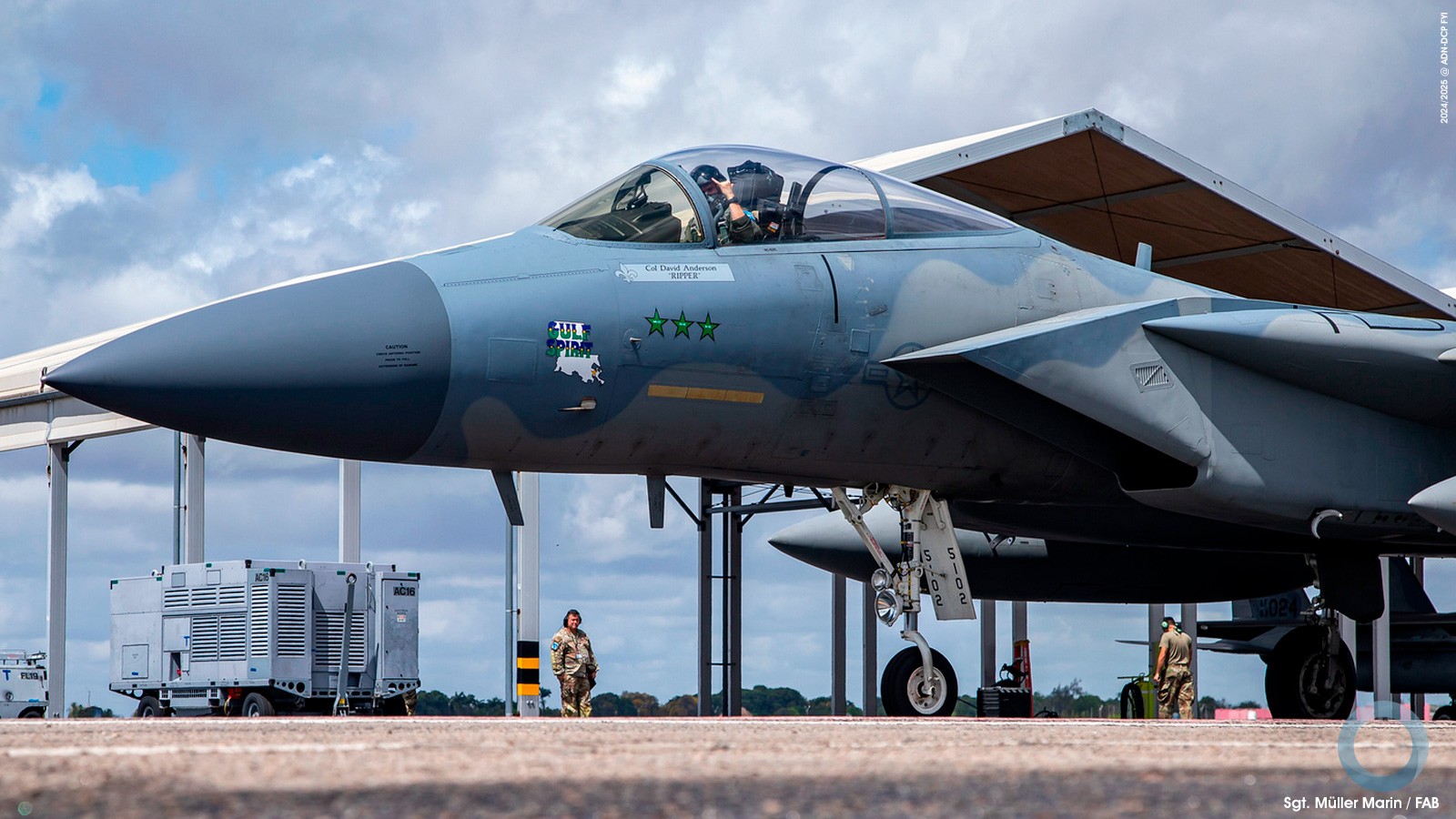Marcos Ommati
Brazil hosted UNITAS Atlantic 2015, a joint military training exercise for Navy members from various countries in the Americas. The Brazilian Navy was in charge of the event, and held the amphibious phase between November 15 – 24, in Rio de Janeiro, following the first phase held in Rio Grande do Sul, a few days earlier.
Diálogo took the opportunity to talk to the Brazilian Fleet Commander, Vice Admiral Liseo Zampronio, who recently visited the helicopter and ship maintenance and training facilities of the Naval Station Mayport, in Jacksonville, Florida, where the headquarters of the U.S. Naval Forces Southern Command, U.S. 4th Fleet are located. The interview was conducted prior to the beginning of UNITAS 2015.
DIÁLOGO: What is the importance of the multinational naval exercise UNITAS to Brazil and the Southern Cone region as a whole?
Vice Adm. Liseo: The UNITAS Operations are based on the terms “Solidarity and Defense,” and they aim to generate interaction and interoperability throughout the Americas, promoting integrated operations, which are important to build confidence and knowledge among the participant navies. All exercises that will be conducted during the maritime phase of the operation will contribute to maintain the training level of the Fleet assets, to enhance cooperation, and strengthen the ties of friendship between the Brazilian and other navies. This 56th version will have a total of 16 ships, one submarine, 51 fixed-wing aircrafts, and 18 helicopters from six countries, which will conduct more than 36 exercises.
DIÁLOGO: Brazil is going through its greatest economic and financial crisis in recent years and yet has decided to continue to host UNITAS 2015. Why?
Vice Adm. Liseo: The first UNITAS Operation was held in 1959, and since then, they have been taking place regularly. Each year it is hosted in a different country, this year it will be in Brazil. Next year, it has already been decided that Panama will be the host. It is important to mention that the last UNITAS held in Brazil was in 2011. However, planning for Unitas 56 began even before Unitas 55 had ended, in 2013.
DIÁLOGO: Has something changed/been added with the 2006 Olympic Games in Rio in mind?
Vice Adm. Liseo: The Operation began 58 years ago, with exercises based on aspects of classic naval war. Currently, exercises for complex multinational forces are conducted under the UN’s aegis. This year, during the maritime phase of the operation, which takes place between November 16 and 23rd, the exercises will be strictly military in character and will involve the basic tasks of the naval forces, including surface, air, and electronic war actions, as well as maritime interdiction operations — that is to say, comprehensive multinational force exercises — under the UN’s aegis.
DIÁLOGO: How is interoperability achieved among all participant navies in UNITAS?
Vice Adm. Liseo: Interoperability among all participant navies is achieved by means of planned exercises based on manuals in English, the language used by all ships during the operation. In addition to that, universal sound and flag signals are used, which facilitate all communication between ships. The exchange of officers during the operation is another way to guarantee such interoperability. During these exchanges, the officers have the opportunity to follow daily life on a ship, witness every exercise conducted, and be in constant contact with their ship of origin, allowing for clarification of any potential questions.
DIÁLOGO: What is the importance of working with other navies in the region? What about with the United States?
Vice Adm. Liseo: It is always important to work with other navies, because it ensures better training of military personnel, better readiness of Navy assets, and exchange of experiences. On those occasions, it is possible to understand how another country works, how it directs an exercise and reacts to a given situation; and that increases the level of learning. Operating with the U.S. Navy as well as with other participant navies is not new to the Brazilian Navy, and this relationship has always been based on mutual respect and strong ties of friendship.
DIÁLOGO: How does UNITAS promote a greater awareness of human rights, which is one of the main goals of the exercise?
Vice Adm. Liseo: All exercises executed during the operation follow the Rules of Engagement, as set forth in the San Remo Manual, adopted by the UN for Peacekeeping Operations, which outlines how naval power will be applied without violating human rights.
D IÁLOGO: Why was a coastal operational area (Rio Grande do Sul up to Rio de Janeiro) chosen instead of border regions, which are more porous and prone to drug trafficking and other transnational crimes, including terrorism?
Vice Adm. Liseo: The exercises conducted during the operation must be held at sea, far from the coast, due to the complexity of the actions, shooting exercises, and aircraft traffic. And since UNITAS Pacific just took place [in Chile] , it is only fair that this operation be held from Rio Grande (do Sul) up to Rio de Janeiro, moving from south to north.
DIÁLOGO: You will soon be promoted to a 4-star rank and, inevitably, you will leave the command of the Brazilian Fleet. What is your legacy to your successor?
Vice Adm. Liseo: Commanding the Fleet during this period has been a great privilege, and continuing the work of my predecessors has been an exciting challenge. The Fleet, with all its forces and subordinate military organizations, remained focused on the priorities assigned by the Navy’s senior management, employing the available resources prudently and objectively.
The priority placed on preparation, training, and support for the crews had the expected result, which was reflected in the performance of the various commissions assigned, especially the long-term ones, and in the motivation of men and women who make up the Fleet.





















